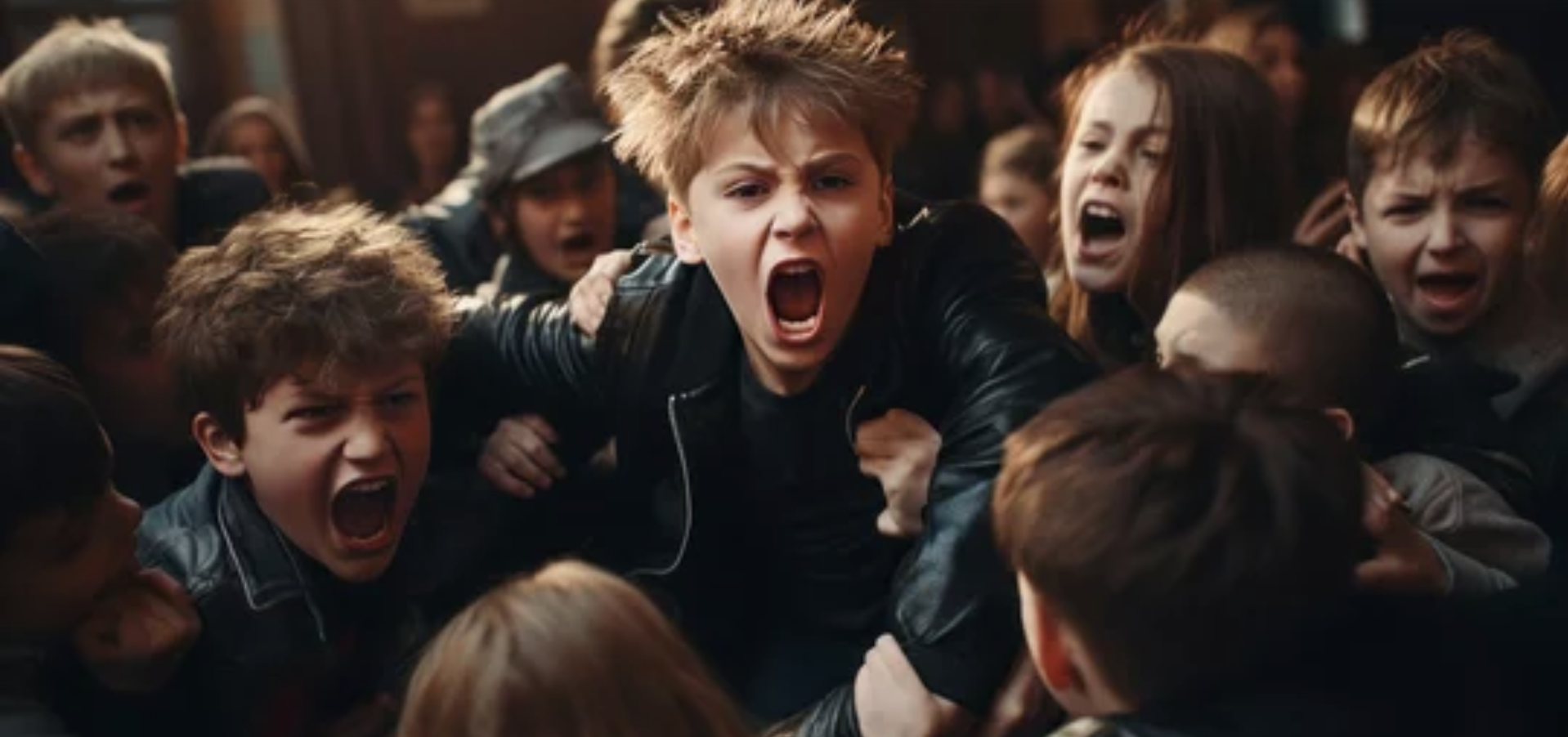Kerby Anderson
Maintaining any semblance of discipline in the public schools is becoming harder and harder each year. Daniel Buck acknowledges that “schools always have had to and always will need to manage misbehavior, and some students will push any boundary you set for them.” But changes in policies along with problems that surfaced after the pandemic lockdown make the current discipline problems greater than ever.
One teachers’ organization reports that their members “have been kicked, hit, scratched, and had objects like globes or furniture thrown at them.” Another educators’ organization reports that incidence of classroom violence has doubled since the pandemic.
But even for teachers who do not face violence and other forms of misbehavior, there is the problem of chaos in the classroom. Students grow impatient with learning simply because they cannot hear their teacher over the classroom noise.
Significant changes in classroom policy began in 2014 when the Obama administration issued a “Dear Colleague” letter that threatened legal action against school districts if their discipline policies resulted in different outcomes. Put simply, if a significant percentage of minority students received punishment for misbehavior, the federal government will sue you.
I believe the bigger issue involves a false view of human nature. Administrators, educators, and bureaucrats often have a liberal, progressive view of human behavior. As Daniel Buck observes, “Misbehavior stems not from sin or human imperfection but from broken systems and root causes.”
To fix this problem we need to begin by recognizing that “misbehavior is inherent to children and to humanity in general.” We will never remove it, but we can demand discipline and institute punishments. We need to hold children and their parents accountable for classroom behavior.
 Listen Online
Listen Online Watch Online
Watch Online Find a Station in Your Area
Find a Station in Your Area








 Listen Now
Listen Now Watch Online
Watch Online
